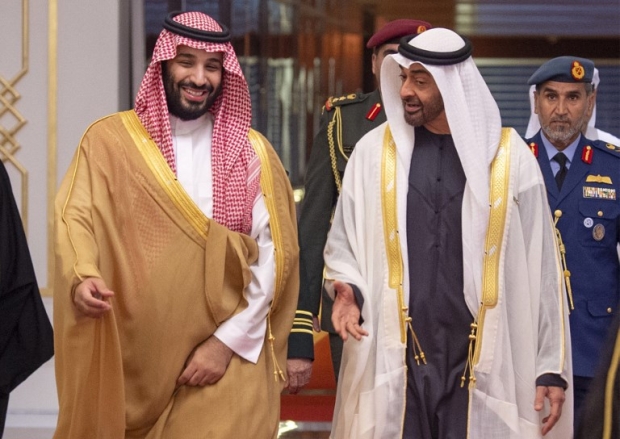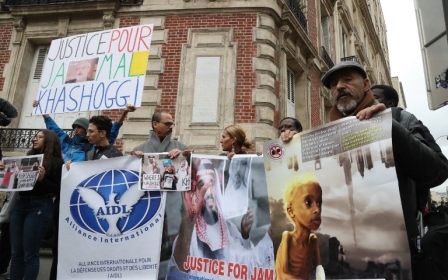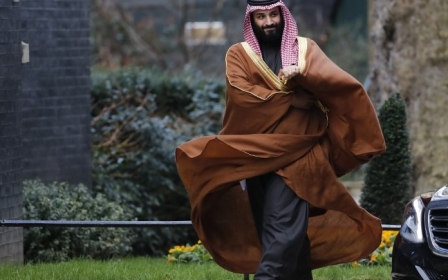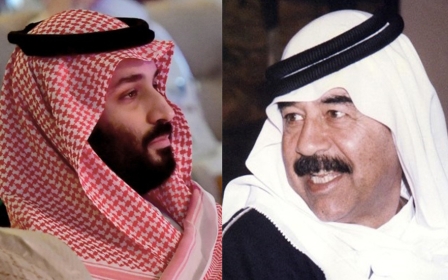Is the Khashoggi murder being forgotten?
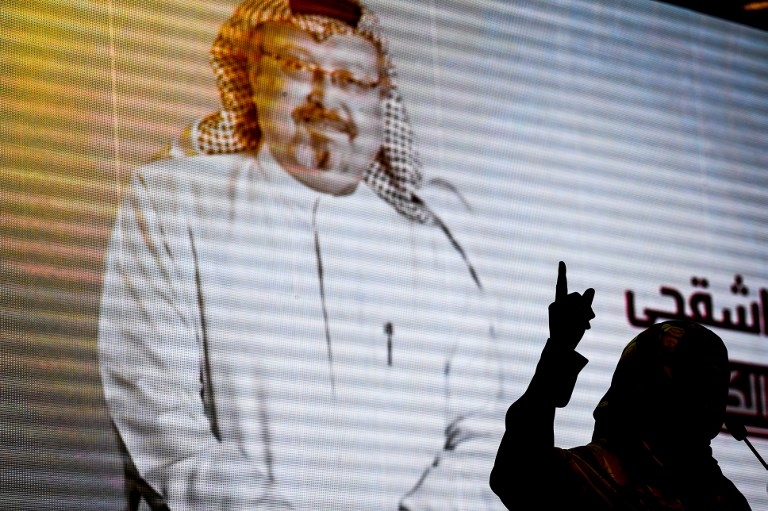
It's been more than 100 days since Jamal Khashoggi's horrendous murder took place at the Saudi consulate in Istanbul. A death squad committed the crime, and then reported “mission accomplished” to their bosses in Riyadh. Most were imprisoned to save the real culprits.
From the outset, Turkey pushed hard to reveal those truly responsible, including by publicising information about the hit squad, the last photos of Khashoggi, flight details of two Saudi private jets, information about the investigation of the consulate, and audio of the killing.
In the early days, even Ankara was not aware of the scope of the geopolitical earthquake that Khashoggi’s murder would trigger. However, Turkey rapidly devised a plan based on two main strategies.
Crucial evidence leaked
Firstly, it became apparent that it would be impossible to get an immediate result in the short term, so momentum had to be maintained, with crucial pieces of evidence leaked nearly every.
Turkish President Recep Tayyip Erdogan's calls for justice, and his claims to reveal the “naked truth”, served to inflame discussions and to increase pressure on the relevant parties - mainly, the Trump administration. Ironically, all the actors who had criticised Turkey over limited freedom of expression sided with Erdogan on this matter.
Secondly, Turkey tried to keep the focus on the legalities of the case, rather than making it a political rift between Ankara and Riyadh. While such a crime couldn’t have been committed without the knowledge of anyone from the royal family, Erdogan tried to preserve a delicate balance between fingering Crown Prince Mohammed bin Salman as the culprit and maintaining Turkish-Saudi relations.
Turkey perceived the new crown prince as being symbolic of a new regional order focused on Israel, with Iran and Turkey isolated.
The voice recordings of Khashoggi's killing ... landed as undeniable evidence of what had happened inside the consulate during those brutal seven minutes
Turkey's attempts to internationalise the issue, however, were not entirely successful. The French president was overheard speaking to bin Salman about the crisis in front of cameras at the recent G20 summit in Argentina. UK Prime Minister Theresa May was seen meeting the crown prince as though nothing had happened. US President Donald Trump dragged his feet from the very beginning, determined not to lose Saudi money.
The voice recordings of Khashoggi's killing, however, landed as undeniable evidence of what had happened inside the consulate during those brutal seven minutes. It heaped pressure on Washington, even though National Security Adviser John Bolton said he didn’t listen to it because he did not speak Arabic - though there was no need to know any language to understand the sounds of a bone saw and screaming.
The start of the end?
Although Khashoggi will go down in history as a symbol of personal dignity and sacrifice, the pressure is already dwindling. After 100 days, the many articles, conferences, and panels that were held to commemorate his legacy were mainly part of an effort that aims to mount pressure to hold the real culprits accountable. Meanwhile, Khashoggi's sorrowful face on the cover of Time might have symbolised the start of the end of the story of his murder, without a solid result on the real culprits.
Turkey will likely continue to push for an international investigation, seeking partners courageous enough to stand against Riyadh. But Saudi Arabia is already in recovery mode. Rather than removing the crown prince, Riyadh appointed former Ritz Carlton detainee Ibrahim al-Assaf as the new foreign minister in a sign of normalisation.
Saudi Arabia is planning to move on as though nothing happened. It’s trying to complete its and the UAE’s half-finished job: isolating Iran and Turkey from the region. Syria is the new focal point. It doesn't matter that Riyadh and its allies tried to topple President Bashar al-Assad by funding and supporting the opposition; the Syrian president is a convenient actor to support their move against Turkey.
By reviving Assad, Riyadh has also extended an olive branch to Russia - and it's been paying off, with Russia warning the US not to interfere with Saudi royal succession.
Trump joined the drama by declaring that the Saudis will be paying for the reconstruction of Syria. If the Europeans are hesitant to fund the rebuilding of Syria as long as Assad remains in power, Saudi money could shape the country’s future. It’s not difficult to predict they will eschew Turkish involvement.
The role of parliaments
After the guns go silent, money will matter more than boots on the ground when it comes to shaping Syria’s future. Of course, gains on the ground, hosting more than 3.5 million Syrian refugees, and keeping Idlib secure are giving Turkey huge leverage.
Trump is aiming to balance his two rival allies by declaring the US withdrawal from Syria, which Turkey wanted, and stressing the importance of Saudi Arabia to the country’s future.
When it comes to Khashoggi’s murder, however, there is still light at the end of the tunnel. It's obvious that national governments are ready to wash their hands and continue doing business with bin Salman - but parliaments can become a voice for justice. European and national parliaments can urge their governments, international bodies and Turkey to pursue an international investigation.
Turkey’s strategy has been working, but at this point, Ankara has exhausted most of its cards. Turkey, and all those determined to bring the real culprits to justice, need to launch a fresh effort to keep international attention on Khashoggi’s case.
- Osman Sert is research director at the Ankara Institute, Turkey. As a journalist he covered the economy, the prime minister’s office and diplomacy. He was a diplomatic reporter for Kanal 7, diplomatic editor at CNN Turk and Jerusalem bureau chief for TRT. He served as adviser to Ahmet Davutoglu, minister of foreign affairs (2009-2014) and prime minister (2014-2016) of Turkey.
The views expressed in this article belong to the author and do not necessarily reflect the editorial policy of Middle East Eye.
Photo: A digital image of Jamal Khashoggi is shown at a commemoration event on 11 November (AFP).
This article is available in French on Middle East Eye French edition.
Middle East Eye propose une couverture et une analyse indépendantes et incomparables du Moyen-Orient, de l’Afrique du Nord et d’autres régions du monde. Pour en savoir plus sur la reprise de ce contenu et les frais qui s’appliquent, veuillez remplir ce formulaire [en anglais]. Pour en savoir plus sur MEE, cliquez ici [en anglais].



